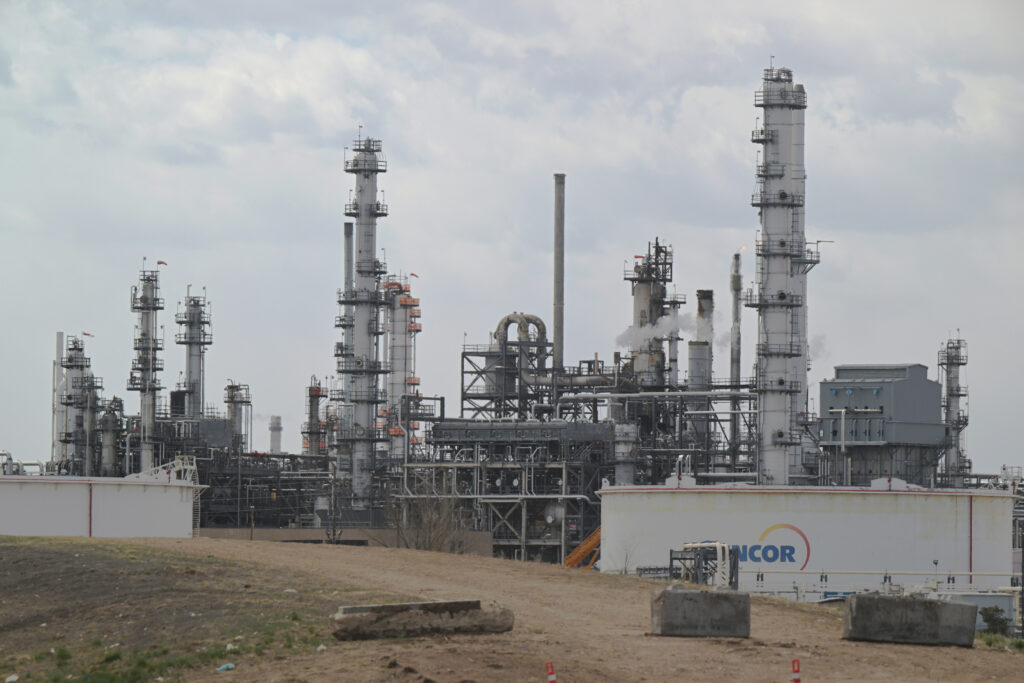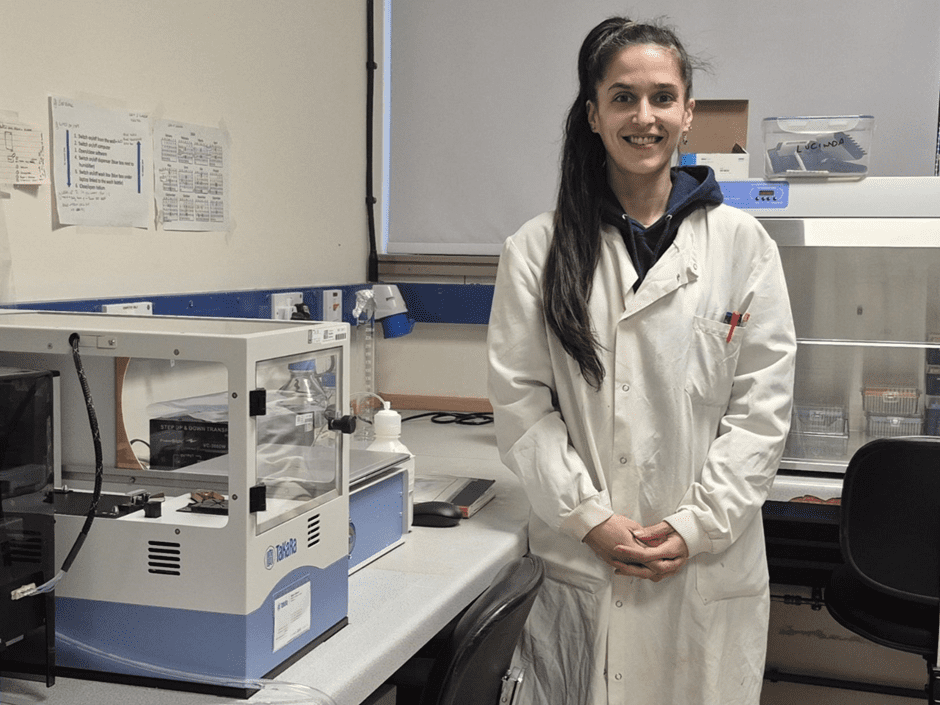Chalk streams – globally rare rivers once known for their gin-clear waters – are being impacted by microparticle pollution to a disturbing extent, according to a new study, seemingly the first to gather this kind of monitoring data about a chalk stream.
Fewer than 300 chalk streams exist worldwide, and England is home to most of them – but these irreplaceable habitats are in danger. A first-of-its-kind study on the River Itchen, by the University of Brighton and the UIR CIC, has revealed tiny plastic and fibreglass particles in its headwaters, raising urgent questions about the health of one of England’s most important freshwater ecosystems.
Citizen scientists from the local community, working with researchers, detected microfibre and microparticle pollution at every site sampled in spring 2025. Microfibres – often shed from clothing – dominated the samples, while fibreglass, rarely reported in rivers, was also present, together with tyre particles from road run-off. Such contamination can disrupt the river ecosystem, posing risks to insects, fish and mammals that depend on these chalk streams.
Early analysis suggests this type of pollution is widespread across the streams of the Upper Itchen. Although particle size and colour varied, the results reveal persistent, catchment-wide contamination. They also confirm that even chalk streams – renowned for their biodiversity – are being affected by particle pollution, adding a new concern to the existing pressures of habitat loss, chemical pollution, water abstraction, and drought.
The research, which focuses on identifying and quantifying pollutants in the Upper Itchen, is still ongoing. Additional samples will be analysed throughout 2025, with the aim of tracing pollution sources, assessing potential impacts on wildlife, and exploring ways to reduce harm.
The final report – expected later this year – will deliver the first comprehensive picture of particle pollution in a UK chalk stream. Results will be shared with landowners, farmers, local groups, and regulators, extending understanding well beyond the Itchen.
The project is led by Dr Corina Ciocan – Principal Lecturer at University of Brighton’s School of Applied Sciences and co-Director of the Centre for Environment and Society – and Ian Diver, a Director of the UIR CIC, and builds on a 2024 pilot study which detected similar pollutants in the Candover Brook and River Alre, tributaries of the Itchen.
Dr Corina Ciocan said: “Chalk streams like the Itchen are unique and often compared to rainforests for their biodiversity. Finding microfibres and even fibreglass fragments at every site we sampled is concerning, but it also gives us the evidence we need to act. The next step is to identify the sources of this pollution and work with local partners to reduce it and mitigate the impacts.”
Ian Diver said: “The Itchen is one of England’s iconic chalk rivers with a special community of plants and animals, but its ecosystem is declining. These early results show that microparticle pollution is an issue we cannot ignore. There is currently no data on particle pollution in the Upper Itchen. This project changes that. By combining citizen science with rigorous analysis, we can fill a vital knowledge gap and empower landowners, conservationists and communities to protect this river for the future.”
The University of Brighton and UIR CIC hope this study could become a model for investigating particle pollution in similar freshwater environments worldwide, as plastic pollution continues to rise and rivers play a critical role in transporting these particles from land to sea.
Plastic production has skyrocketed from 2 million tonnes in 1950 to 348 million tonnes in 2017 – projected to hit 33 billion tonnes by 2050. Around 80% of marine plastic pollution comes from land, with rivers acting as the main transport pathways to the sea.
Against this global backdrop, the discovery of persistent microfibre pollution in the chalk headwaters of the Itchen is cause for concern. Microfibres and other particles can be ingested by plankton, fish and aquatic insects, disrupting the food chain and threatening species from trout to otters.
The discovery of fibreglass is particularly striking, with possible links to septic tanks, pipes, or infrastructure – and the University of Brighton is at the forefront of research into its ecological impacts.
“But there is hope”, says Ian Diver. “We can all make small changes – from reducing fast fashion and washing our clothes less often, to buying food not wrapped in plastic – adding up to a big difference if we all act together.”
As the research continues, Ian and Corina plan to work closely with local stakeholders to pinpoint the sources of pollution and develop practical, evidence-based interventions. Their collaborative approach ensures that solutions are grounded in both scientific understanding and community engagement, giving local residents a meaningful role in protecting their environment.
By combining the University of Brighton’s research expertise with the commitment of local volunteers, the project demonstrates how communities can take meaningful action to protect vulnerable habitats. Together, these efforts hope to safeguard the Itchen while cultivating knowledge and practices that support healthier, more resilient environments for the future.
The project is supported by Southern Water and by the National Lottery Heritage Fund through the Hampshire & Isle of Wight Wildlife Trust and Wessex Rivers Trust.
















